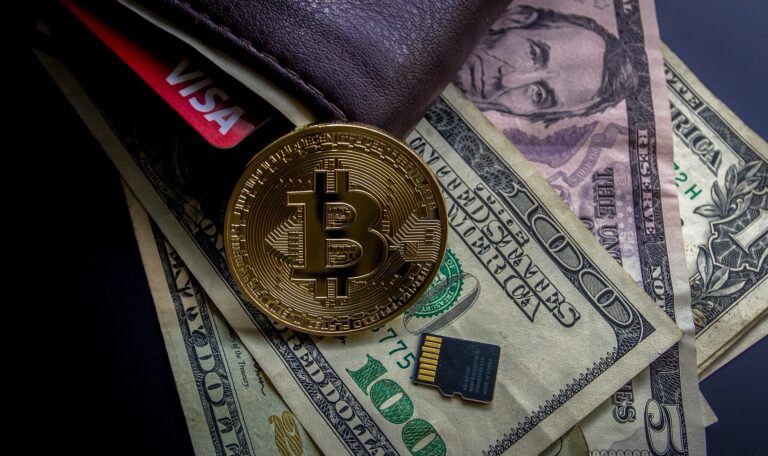Despite introducing policies to stem the spread of the ‘Kimchi Premium’ price phenomenon on Korean exchanges, South Korea’s Central Bank, The Bank Of Korea , has issued a research report in which it advises the continued monitoring of local digital assets markets to negate the effects of the Kimchi Premium and further stabilize local markets.
The Kimchi Premium, which derives it’s name from the popular South Korean dish, is a term used to refer to a difference in the prices of various cryptocurrencies on South Korean Exchanges (CoinOne, Bithumb, Korbit and Upbit) in comparison to international exchanges. The premium, which occurred as a result of a surge in demand for cryptocurrencies, saw Korean investors paying up to 50% more for Bitcoin, ETH and Ripple than their global counterparts.
Kim Dong-Sup, an official from the BOK’s Payment Systems Research department, according to the local nocutnews, explained:
Price gaps between domestic and overseas cryptographic assets have occurred repeatedly, and technical and institutional factors that negatively affect smooth capital flows are difficult to be resolved in the short term,
The central bank’s response to the phenomenon, which took place earlier this year, was to have cryptocurrency exchanges introduce a real-name system, effectively abolishing anonymity on exchanges. The move stemmed the incongruent price surge and drove cryptocurrency prices to almost similar levels as global exchanges.
Kim Dong-Sup believes that:
the phenomenon stems from a lack of trade engagement from mainstream financial institutions, the additional cost of transactions due to the low scalability of the blockchain system, and delays in processing transactions in cases where Korean cryptocurrency exchanges experience server overload. These factors prevented an elastic increase in the supply of cryptocurrency assets from foreign traders’ arbitrage through Korean exchanges'
The BOK’s research claims that had these factors not come into play, an increase in supply would have met an increase in local demand from cryptocurrencies in the period of mania between late 2017 and early 2018.
Despite the stability established by real-name trading, Kim warns that if the country experiences a similar upsurge in cryptocurrency demand, the price gap – currently at 1.5% over international exchanges – may once again increase to Kimchi Premium levels.









